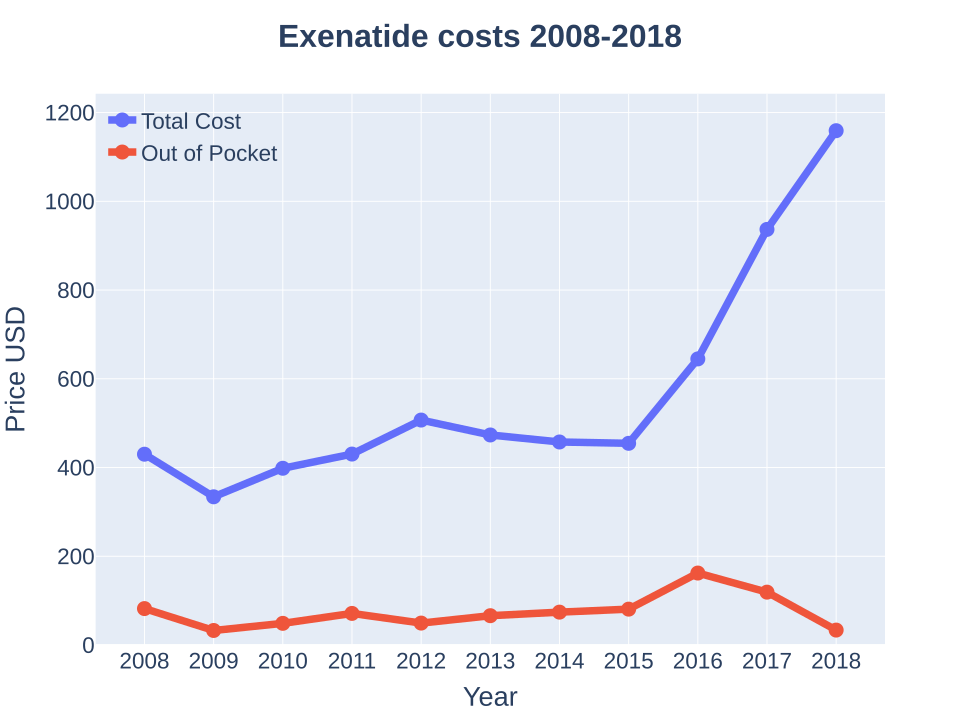Bristol Woman Advocates for Young-Onset Dementia Awareness

In an effort to raise awareness about young-onset dementia, Emily Britton, a 29-year-old cabin manager from Bristol, is sharing her personal experience following her mother's diagnosis at the age of 58. The condition, which typically affects individuals younger than 65, is often overlooked, leading to significant delays in diagnosis and care. According to the Alzheimer's Society, approximately 70,800 individuals in the UK are currently living with this form of dementia, which is characterized by a progressive decline in cognitive and behavioral functions.
Emily's journey began during a family vacation in Florida, where she noticed subtle but concerning changes in her mother Maria’s behavior. What should have been a joyful experience was overshadowed by Maria's withdrawal and confusion, prompting Emily to seek medical advice. Initially, Maria's symptoms were attributed to menopause, but after persistent efforts from Emily, she was referred to a specialist who ultimately diagnosed her with frontotemporal dementia.
Frontotemporal dementia is known for its impact on personality, behavior, and language abilities. As Maria's condition progressed, Emily found herself transitioning from daughter to primary caregiver, a role she describes as both heart-wrenching and overwhelming. "Two years ago, she was working and vibrant; now, I’m responsible for every aspect of her life," Emily stated. Her mother now struggles with communication and requires assistance with daily activities, highlighting the profound impact of the disease on both the patient and their family.
The Alzheimer’s Society emphasizes the urgent need for public awareness regarding dementia, particularly among younger populations. "Dementia is the leading cause of death in the UK, and one in three people will develop some form of it in their lifetime," said a spokesperson for the organization. This statement underscores the importance of early recognition of symptoms, which can lead to timely interventions.
Emily has become an advocate for dementia awareness, participating in fundraising activities such as a recent 26-mile walk in the Lake District that raised over £600,000 for the Alzheimer’s Society. She encourages others to trust their instincts about unusual behavioral changes in loved ones, as early detection can significantly alter the course of care. "I knew something was wrong long before we received a diagnosis. It’s crucial for families to be vigilant and proactive," she advised.
As Emily navigates the challenges of caregiving, she also faces the potential hereditary aspect of the disease. She and her brother Harry are exploring genetic testing options to understand their own risks. While the emotional burden is considerable, Emily remains committed to her mother’s well-being and to raising awareness about young-onset dementia. "I do what I do out of love for her, but it’s important for others to understand the realities of this condition," she concluded.
This increasingly prevalent issue highlights the need for comprehensive support systems, better training for healthcare professionals, and increased public knowledge regarding dementia. The ongoing dialogue around young-onset dementia is essential not only for those diagnosed but also for their families, caregivers, and society at large, as we work toward a future where such conditions are recognized and addressed more effectively.
Advertisement
Tags
Advertisement





